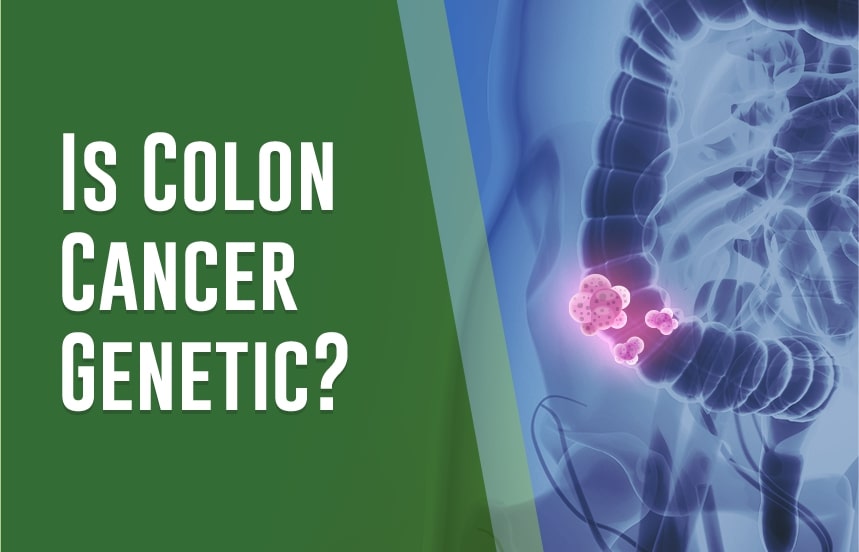
Colon cancer is one of the most common types of cancer and is a significant cause of mortality worldwide. It is estimated that colon cancer accounts for approximately 8% of all cancer-related deaths in the United States annually. The exact cause of colon cancer is still unknown. But certain factors can increase an individual’s risk of developing colon cancer. Genetics plays a role in colon cancer, with some people having a higher risk due to inherited genetic mutations.
The passing down of genetic mutations from parent to child has a higher chance. It can increase the chances of colon cancer occurring in one’s lifetime. Mutations in specific genes like APC and MUTYH have been associated with an increased risk for colon cancer. Inherited genetic mutations may also cause familial adenomatous polyposis (FAP) or Lynch syndrome, significantly increasing colon cancer risk.
People with FAP will develop hundreds or thousands of precancerous polyps in their colon that can become malignant over time. Similarly, individuals with Lynch syndrome have an increased risk for colon cancer due to inherited mutations in the MLH1, MSH2, MSH6, PMS2, and EPCAM genes. While these genetic mutations are rare, they represent a significant portion of inherited colon cancer cases. These are essential to consider when determining an individual’s risk profile.
In addition to inherited genetic mutations, lifestyle factors like smoking, heavy metal toxicity, and obesity can also influence the development of colon cancer. People who smoke have a higher incidence rate of colon and other cancers, such as lung and bladder. Eating diets high in unhealthy fats and processed foods can also lead to colorectal adenoma formation. It increases the chances of developing colorectal carcinomas over time.
It is important to note that having one factor does not guarantee one will develop colon cancer; instead, it increases their odds relative to those lacking this key factor(s). Besides genetics and lifestyle factors, factors like family history or environmental exposures may contribute to someone’s chances of developing this disease. Further research into colon carcinogenesis is needed to better understand these potential associations between factor(s) contributing to colon tumorigenesis.
For individuals interested in their risk assessment of developing colon cancer, speak with a healthcare professional such as your primary care physician or gastroenterologist. They can help determine if it requires any further evaluation, such as genetic testing, depending on one’s unique situation and family history.
In addition, many organizations provide resources for educating patients and supporting managing colon / colorectal health – getting knowledge about your risks can help you make more informed decisions about your health!


